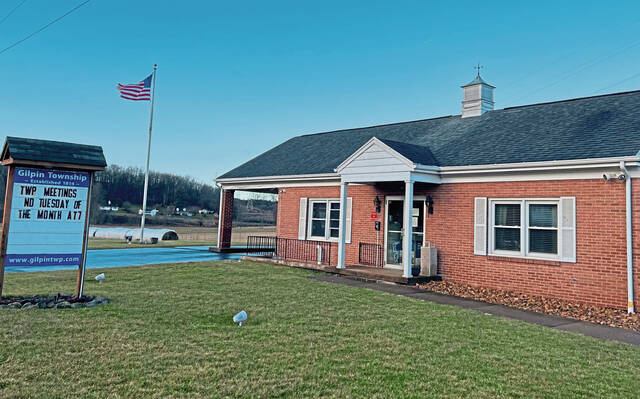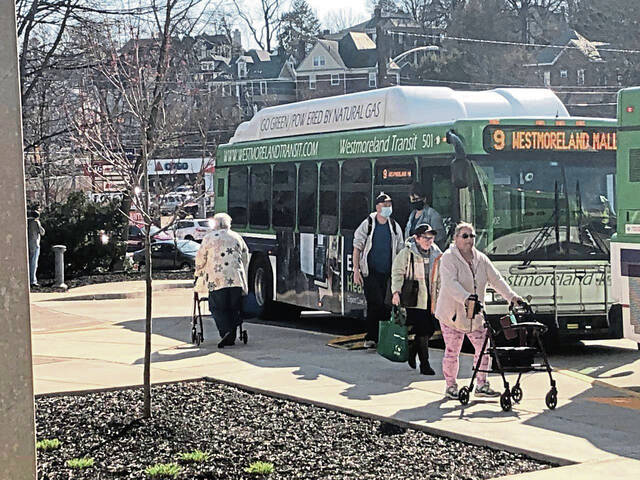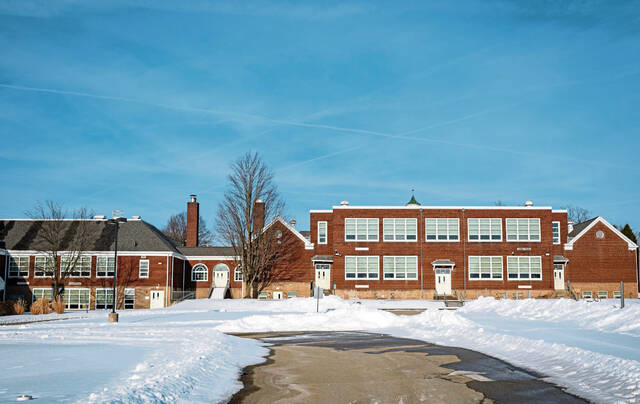Lower Valley Ambulance Service is providing Springdale Township and the six other communities it serves with details about how the money would be spent if the municipalities agree to its appeal for a dedicated funding source to pay for its operations.
Late last year, the ambulance service told officials in the seven municipalities that it was in financial trouble because the reimbursement rate paid by insurance companies has not kept pace with the costs of providing services and rising inflation.
To continue operations into the future, the ambulance service is asking each municipality it serves to contribute $50 per resident each year.
Lower Valley serves Springdale Township, Springdale, Cheswick, Harmar, Verona, Oakmont and part of Indiana Township.
“We are facing the same problems as other ambulance services around the state and country,” said Joe Luera, president of Lower Valley’s board of directors. “Every time we pull out of our station, we are losing money because it costs us more than we get in return.”
To illustrate the problem, he noted that transporting a patient suffering from a cardiac problem that requires sophisticated equipment and properly trained personnel can cost as much as $1,000.
He said that type of call typically will result in a reimbursement from insurance of only about $300.
The problem is compounded, he said, by insurance companies that reimburse the cost of an ambulance trip directly to patients, who sometimes keep the money instead of turning it over to the ambulance service.
At a Jan. 26 Springdale Township commissioners meeting, Commissioner Tim Basilone said that if the ambulance service is asking for funding, it needs to create a business plan and provide assurances that it can successfully serve as the township’s primary ambulance provider.
“It’s just like when a business goes to a bank to get a loan: One of the things they have to provide is a business plan,” Basilone said.
Township Manager William McElligott said the ambulance service provided the township with the requested information on Tuesday.
All municipalities in Lower Valley’s service area were expected to receive copies of its proposed budget and other financial details by the end of the week, Luera said.
McElligott said the timing for the ambulance service’s request poses a dilemma for the municipalities even if they want to consider the proposal.
“Our budgets for this year have already been passed and are closed,” he said. “This is something we should have been addressing before the end of last year during the budget process.”
The law requires municipalities to submit a balanced budget to the state by Dec. 31.
McElligott said, while a budget can be reopened to make changes, “it’s a process that can take time.”
Luera noted that Lower Valley requested financial assistance last year from all of the municipalities it serves, but only Springdale Borough responded with an $8,000 donation.
Under the $50-per-person proposal, Springdale Township’s share would be just under $78,000 a year based on a population of 1,557 residents.
Luera said, unlike volunteer fire departments that typically get money from municipalities for things such as insurance premiums, equipment or other expenses, ambulance services receive no such funding.
If all of the municipalities in Lower Valley’s coverage area provide the funding that is being requested, it would generate an estimated $1 million a year in addition to the $1.5 million the service typically receives through insurance reimbursements, according to Luera.
Ambulance service officials have suggested that the municipalities could generate the revenue needed to cover the cost by imposing a separate fee or tax, in much the same way the cost of providing trash collection is done in some communities.
Imposing such a fee is not unprecedented, he said, noting that Ross officials are considering adding a $55-per-household annual fee to subsidize Ross-West View EMS. They are expected to vote on the fee Feb. 21.
A request for an additional fee also could be put to voters in the form of a referendum.
Luera said the ambulance service’s board is committed to providing the communities that approve the dedicated funding source with a greater level of transparency.
“If municipal officials feel that they want greater representation on our board, then that’s something that we can do,” he said. “There is nothing that prevents us from expanding the board so that they are more directly involved.”
He said the service also has been looking at ways to trim costs, such as selling off two of its four wheelchair-accessible vans and consolidating building space.
But trimming costs has its limitations, and cutting too deep can have negative results.
He noted that the service agreed to a union request to increase starting pay for EMTs from $11 to $14 an hour.
“Even with the increase in starting pay, it’s hard to attract people when they can make as much working in a retail job,” he said.
Low starting pay and the inability to provide decent raises also makes it difficult to retain employees, he said.








